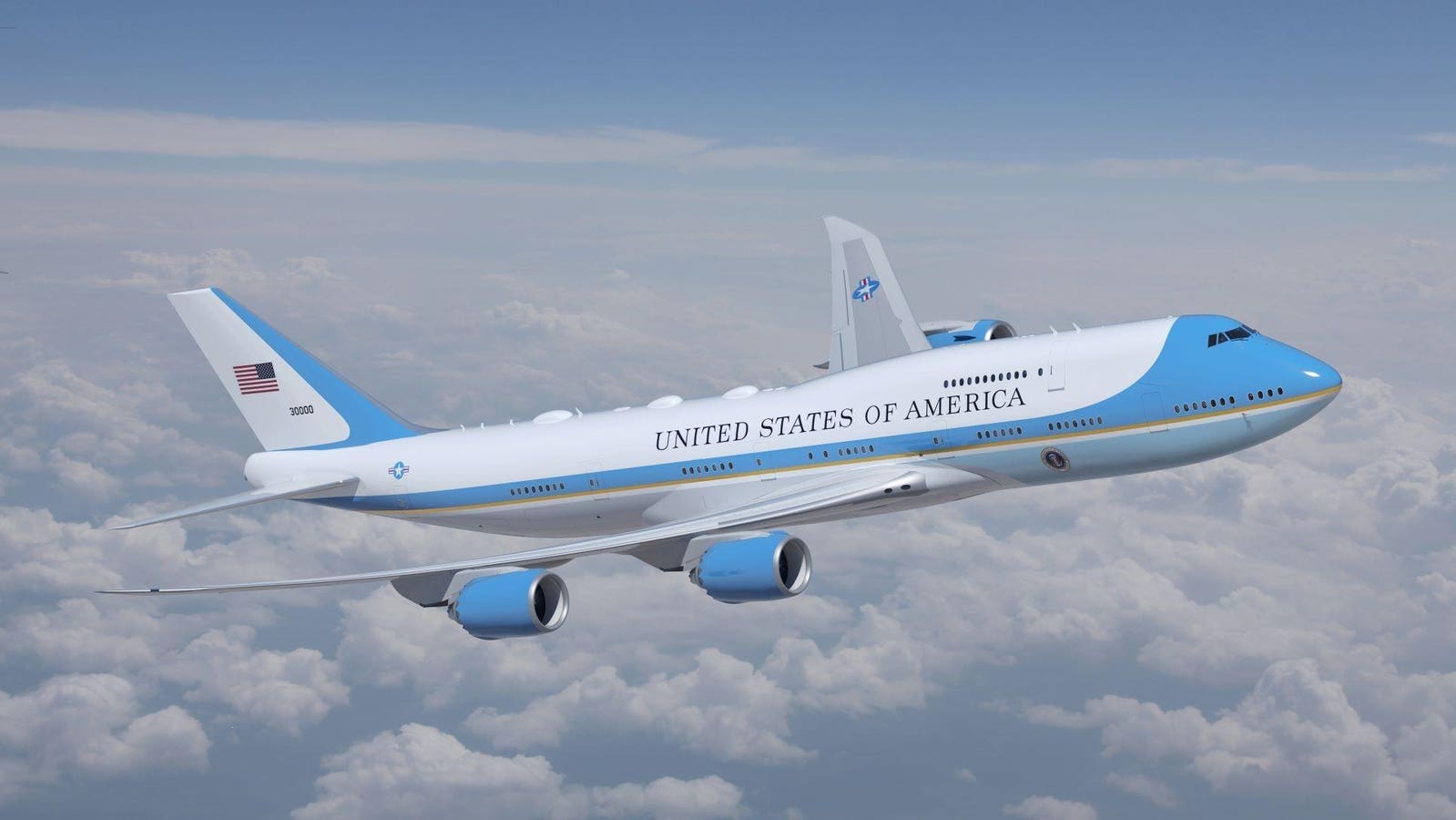The division, with a string of big write-offs, leads the aviation giant in red ink.
In its latest tale of woe on Wednesday, Boeing
BA
“Defense stinks it up again,” summed up analyst Robert Stallard of Vertical Research Partners. Boeing Defense & Space logged a $924 million loss from operations in the three months ending with September, largely courtesy of the latest in a string of big write-offs, making BDS the biggest contributor to Boeing’s $1.63 billion in red ink.
There was one familiar culprit. BDS recorded a $482 million loss on the two 747s it’s retrofitting to serve as new presidential planes, blaming higher manufacturing costs on engineering changes and “labor instability.” That brings total charges on the Air Force One replacement program to $2.4 billion.
There was also a new problem child. BDS wrote off $315 million on a satellite constellation project, on which the company offered scant details.
The steady drumbeat of write-offs from BDS is worrying, wrote analyst Seth Seifman of JPMorgan. “Continued charges suggest [management] lacks understanding of costs in the business, since each charge is an upward revision to cost expectations versus only three months prior.”
Even excluding charges, BDS still was in the red.
On the earnings conference call Wednesday, CFO
CFO
Those contracts include the MQ-25, a carrier-based aerial refueling drone that Arlington, Virginia-based Boeing is developing for the Navy. The company said that program was a big contributor to $136 million in “less material cost pressures” that contributed to the poor quarterly results.
There were no upward revisions on other fixed-price headaches, like the NASA Starliner project ($960 million in charges), KC-46 tanker ($7 billion) and T-7 trainer ($1 billion).
“We acknowledge that we aren’t as far along in this recovery as we expect it to be at this stage,” said West.
He asked analysts, once again, to look forward to 2025-26, when the company expects those fixed-price development contracts to be “de-risked,” and Boeing will benefit more from the strong demand for its Apache helicopters, missiles and other munitions due to instability in the Middle East and fears of China and Russia.
Investors were unimpressed. Boeing shares were down more than 1% to $179.16 in midafternoon trading.
Read the full article here



